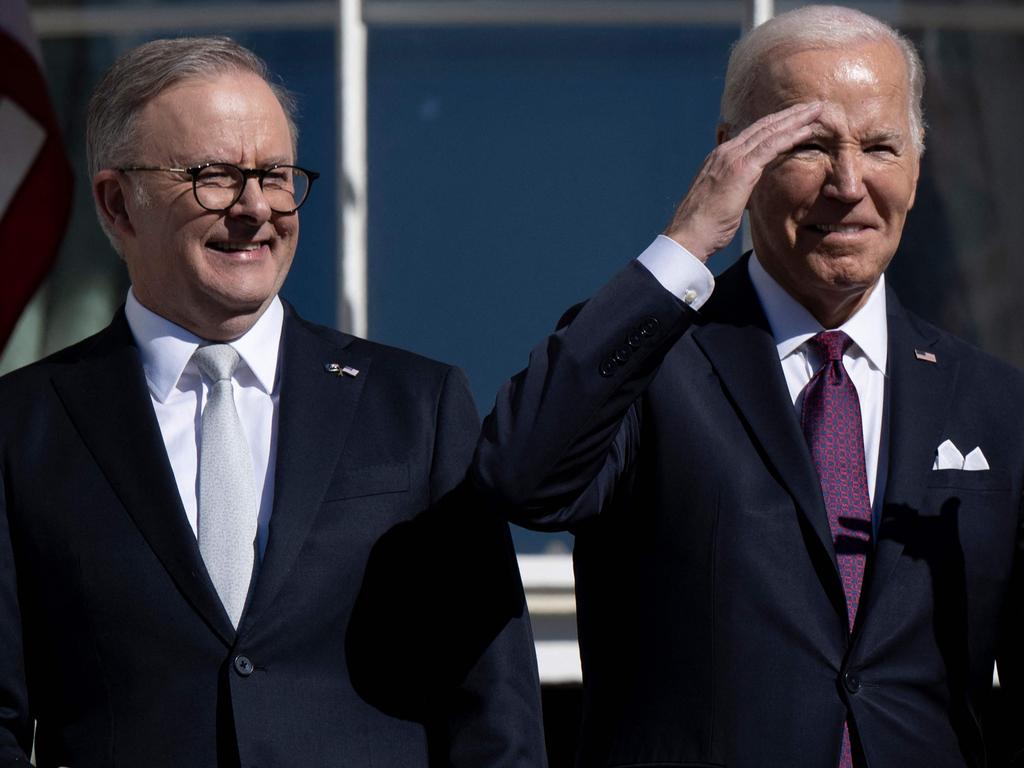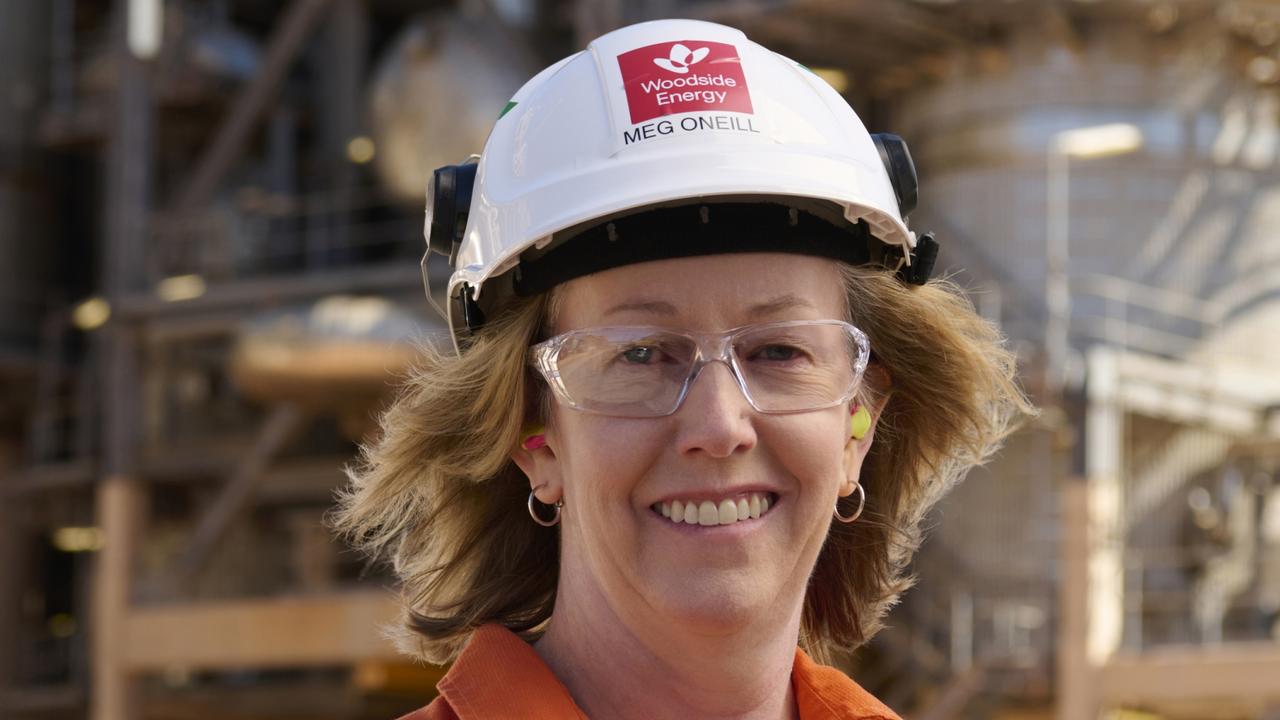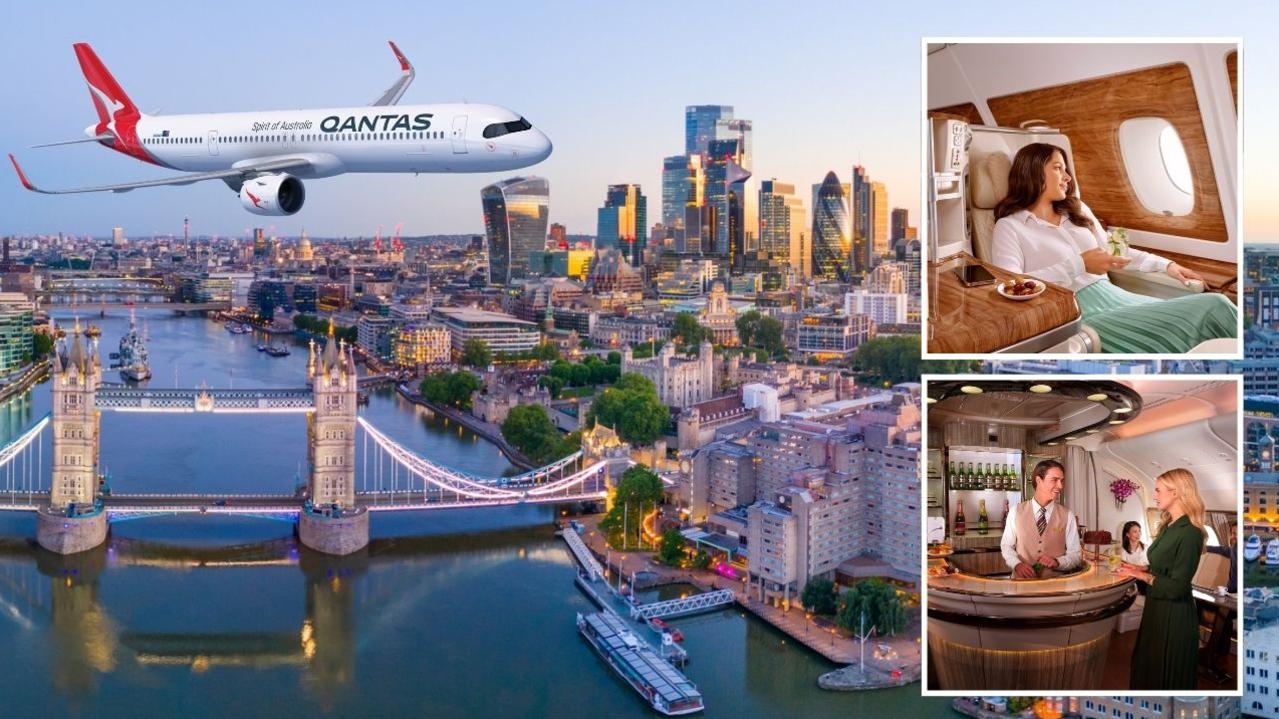Dutton should harness risk of new tax on unrealised capital gains in Federal Election campaign
It is incredible in our democracy that we could have an election campaign with a vicious tax that will hurt 2.5 million people on the table and not see the Coalition embrace it as a major issue.
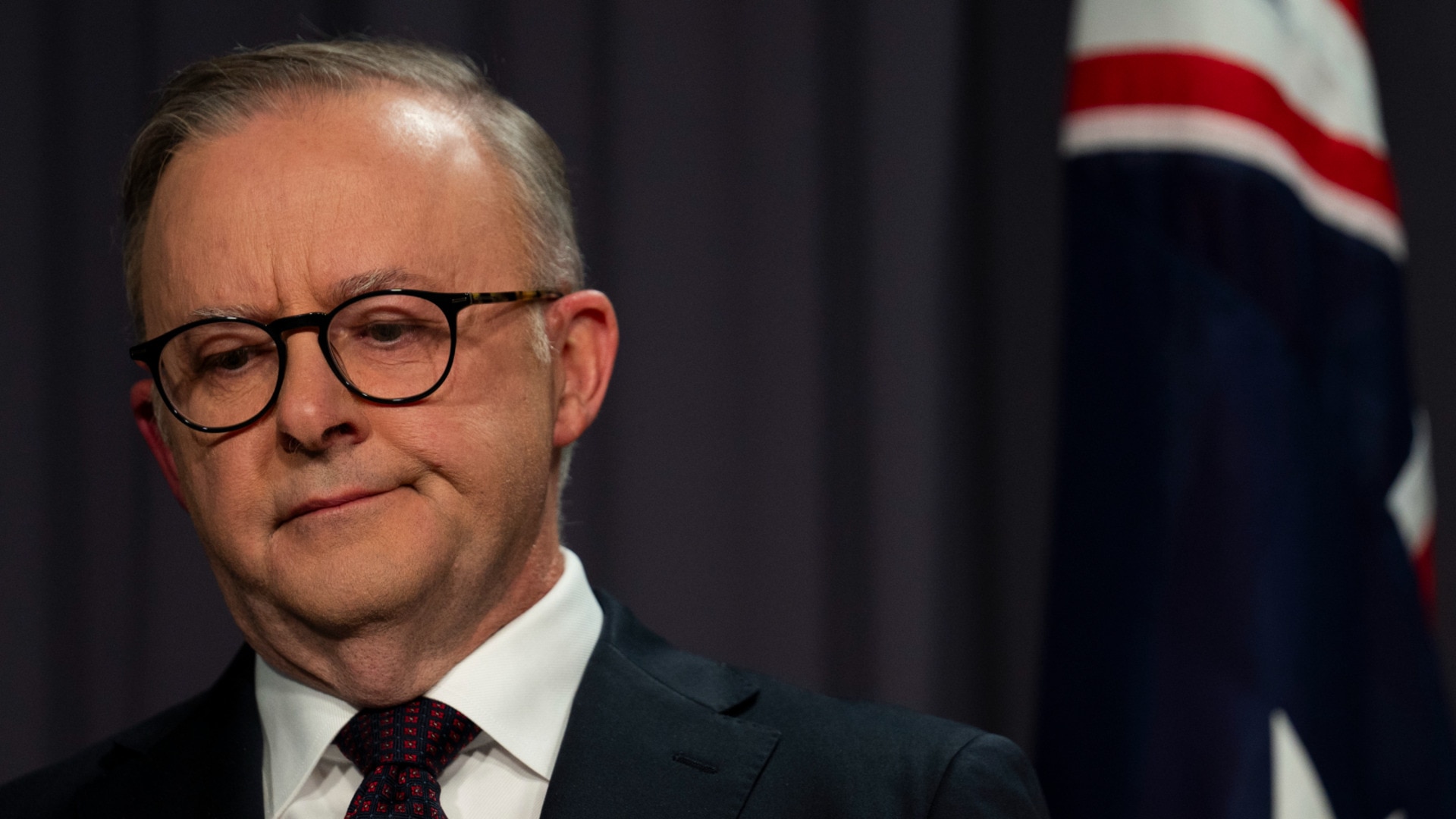
Business
Don't miss out on the headlines from Business. Followed categories will be added to My News.
It wasn’t until the final week of the federal election campaign that Peter Dutton discovered an issue that mobilised swinging voters in parts of middle Australia – the alleged overuse of ‘welcome to country’.
But stunningly, the campaign never focused around one of the most vicious and damaging taxes ever conceived for the Australian nation – the unrealised capital gains tax.
This is a tax that is set to attack 2.5 million Australians over their working life; will devastate the capital raising of more than half the companies listed on the Australian Stock Exchange; hit large numbers of farms and make it very difficult for new enterprises to expand.
We are now entering into the next phase of the internet revolution, with enhanced computer power and artificial intelligence. We look set to have a tax that is designed to make it harder for smaller enterprises to adapt to the revolution by making risk capital investment unattractive.
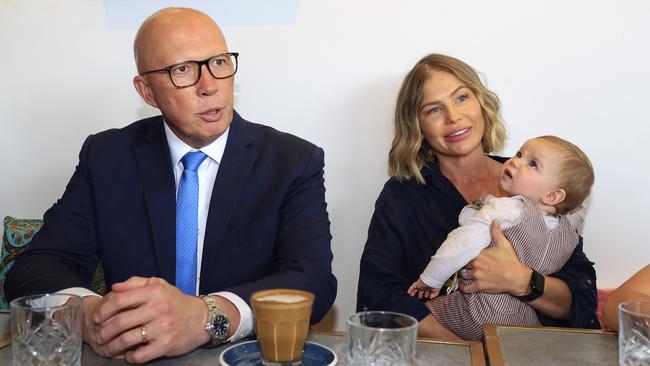
Accordingly, it damages the drivers of Australian growth and prosperity – our smaller enterprises.
And it doesn’t attract widespread political attack partly because it carefully excludes politicians’ superannuation and has been concealed behind an additional tax on the revenue of superannuation fund members with over an unindexed $3m. Australia doesn’t need this vicious tax to increase taxation on higher superannuation balances. We simply use the existing tax calculation methods but increase the rate.
Arguably, the unrealised gains tax is part of a totally separate agenda to have the country dominated by large government and corporate enterprises and not smaller expanding businesses. The opinion polls say a Dutton is going to lose this election and if they are right the post election strategists will isolate a number of obvious reasons.
But none is more obvious than the failure of the Coalition to embrace the tax among the top issues of Dutton’s campaign. Although it is not legislated, it incorporated in the government’s 2025-26 budget estimates – it’s not just a promise.
Geoff Wilson runs a $5.8bn asset management operation covering 130,000 retail investors. Wilson, along with myself, has been a long term critic of the tax and, like most of those who studied the tax, believed Dutton would bring the proposed tax to the attention of the Australian nation.
But he failed until the last week of the campaign.
In frustration, Wilson has put out another major research paper on the tax and circulated through his client business. The numbers of Australians set to be impacted come from that paper, while the Australian companies in the firing line is calculated from my research.
Australia’s superannuation assets totalled $4.2 trillion at December 31 with $1.5 trillion in industry superannuation funds; $1.1 trillion in self-managed superannuation funds; $800bn in retail superannuation funds, and $800bn in public sector defined benefit schemes.
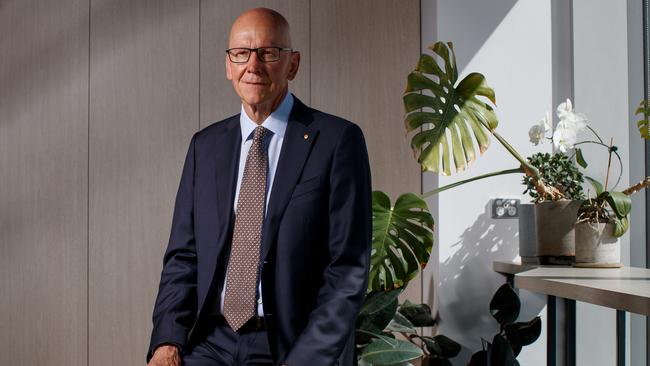
The big superannuation funds invest most of their $3 trillion in large companies or projects because they can’t mobilise the resources to invest significant sums in small operations, including more than half the companies on the ASX.
Growing smaller enterprises rely on investors in self-managed funds, particularly those that become larger and can afford to allocate some risk to growing enterprises rises.
Wilson is in contact with large numbers of Australians immediately affected, so knows what will happen if the fax is imposed.
If and when legislated, it will apply from July 1, so community preparations are already underway.
Money will leave superannuation and will be distributed into families via trusts, gifts and other mechanisms, a lot of it will end up in bigger residences.
In a strange way it’s like the cigarette taxes which became so large that they inspired organised crime gangs to deliver cheaper products, giving the gangs the cash flow to greatly increased drug distribution.
Of course, the unrealised gains tax will not boost organised crime, but it will move money out of superannuation and damage a lifeblood of the nation’s growth.
This is how the tax works. On July 1, 2025 (and in every subsequent year) superannuation fund members must provide a market value of the total asset base of their superannuation funds.
A year later on June 30, 2026 there will be a duplicate calculation of paper asset paper values and the beneficiary of the rise in unrealised gains will be personally taxed at 15 per cent on the funds’ unrealised gains, with adjustments for tax already paid. (If the July 2025 base is below $3m, then $3m is taken as the base.) Tax losses must be offset by later profits to be recovered.
The tax is imposed on the individual, not the fund. Of course, many individuals will withdraw money from their super funds to pay the tax bill.
The initial trigger point is an unindexed $3m, but the Greens want that trigger point reduced to $2m and given the big government spending proposed plus the current deficit almost certainly the tax will be extended to all assets perhaps excluding family homes valued under a certain figure
It is incredible in our democracy that we could have an election campaign with a vicious tax on the table and not see it widely debated except in passing references in TV debates.
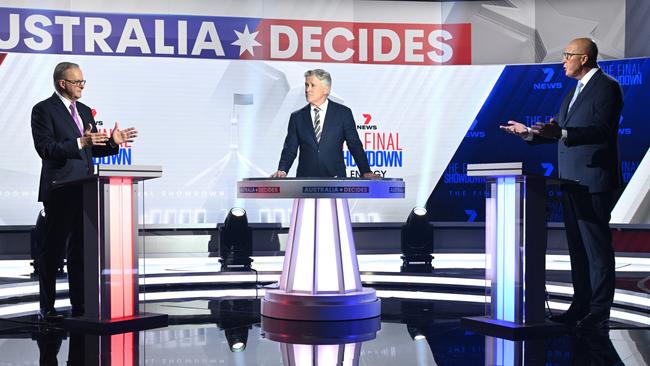
Originally published as Dutton should harness risk of new tax on unrealised capital gains in Federal Election campaign


